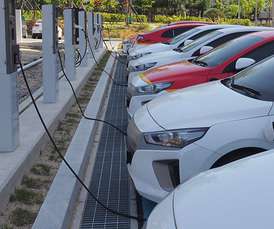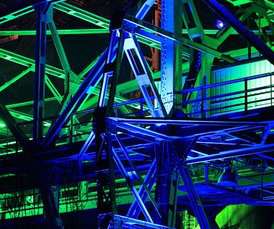Panasonic: How a green technology drive can help deliver on internal carbon goals
Business Green
MARCH 18, 2022
Latest batch of carbon analysis from electronics giant reveals how clean technologies can help slash emissions from transportation and distribution. The German-headquartered company first started collecting carbon data in 2020, and as such the data unveiled yesterday provides the first year-on-year comparison of its climate impact.















Let's personalize your content